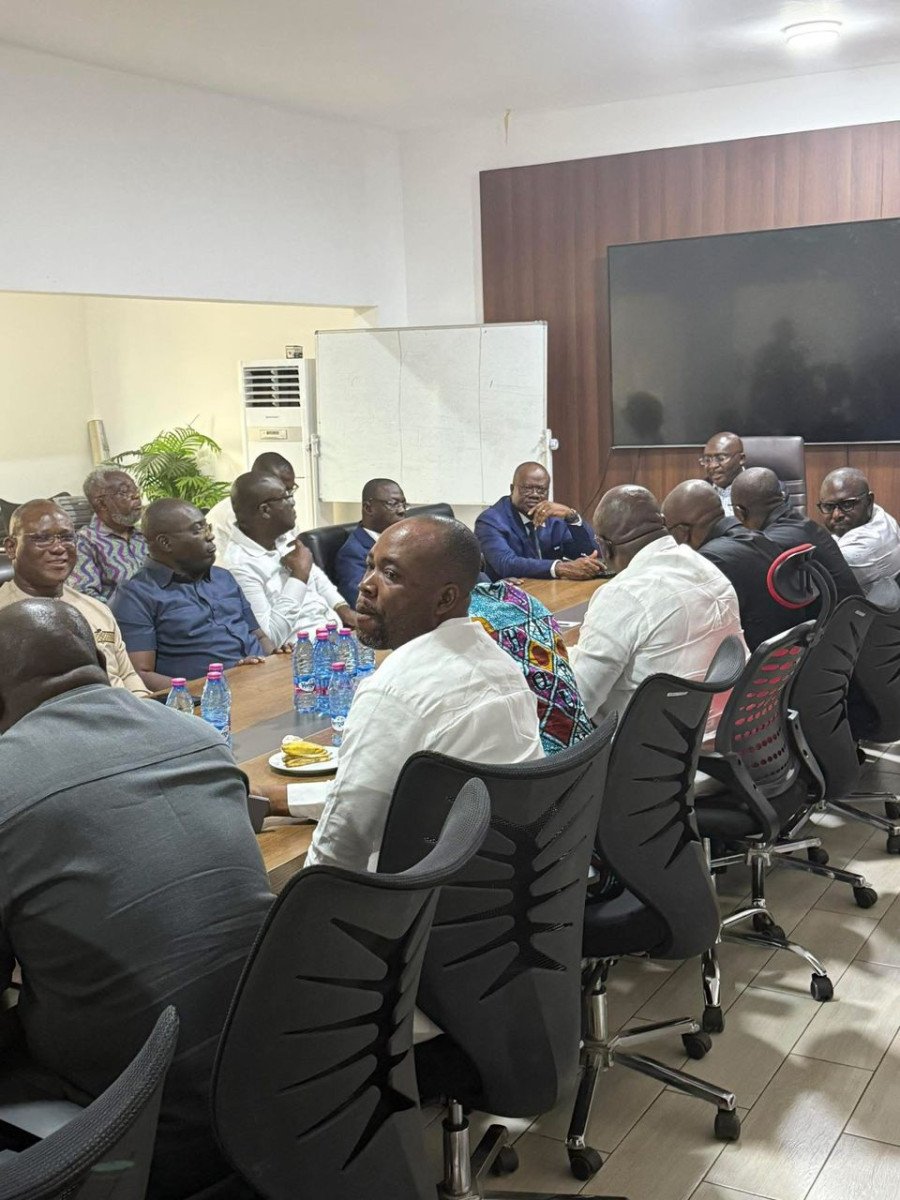Ghanaians for the month of October felt the pinch of hiking prices of goods and services higher in basic necessities of life.
These basic necessities of life recorded an inflation rate higher than the national average of 22.1%. This means Ghanaians recorded a faster increase in the prices of these necessities plunging households with lean income into distress.
The data published by the Ghana Statistical Service reveals that the daily needs of man including food, housing water, electricity, gas & fuel, and even healthcare among others recorded a very significant rate of increase in their prices.
These items are an integral part of human life and existence hence implying no one was spared the pinch of soaring prices with the vulnerable and less income groups taking the most hit.
Healthcare needs witnessed a very steep rise seeing its year-on-year inflation shot up to 23.9%. This means that Ghanaians needing medical care – whether for routine check-ups, treatments, or emergencies – are facing considerably higher costs.
Housing, water, electricity, and other fuels – fundamental to daily living – also saw a sharp rise, with inflation in this category reaching 27.6%. This translates to more expensive electricity bills, rent, and water costs, making it harder for families to afford comfortable and safe living conditions.
One significant area of concern is Food and Non-Alcoholic Beverages which recorded an inflation of 22.8% marginally above the national average. This category takes a substantial portion of household expenditure since it is the most inevitable part of living.
With a faster increase in food prices, there is a risk of malnutrition and undernutrition which have consequences on the health and development of vulnerable groups.
The steepest rise was seen in the category of alcoholic beverages, tobacco, and narcotics, which increased to 31.7%. While not deemed a necessity by many, this group’s surge still reflects the broader inflationary pressures in the country.
Meanwhile, the Restaurants and Accommodation Services division saw inflation rates climbing to 24.6%. This not only affects citizens looking for affordable meals outside their homes but also strains the hospitality sector.
The faster rise in the prices of these basic needs of life is a testament that Ghanaian households are indeed facing challenging times with no one spared.
Should this trend continue to persist coupled with constant household incomes, lower Ghanaians especially the vulnerable and low-income groups are set to face a deteriorated standard of living.








